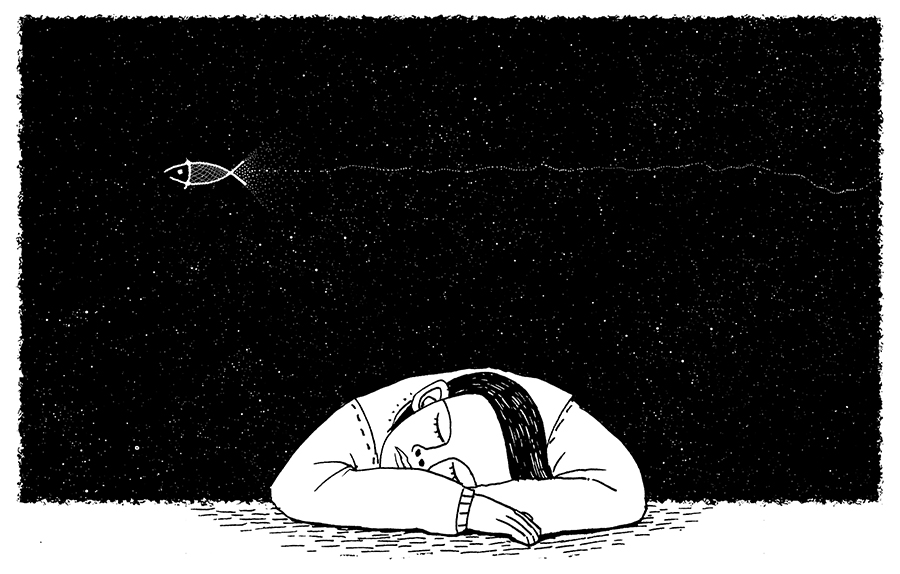SLEEP
The jewel in the crown for better wellbeing.
Whoever would have thought that sleep would score so highly on our total wellbeing?
It’s widely documented that physical activity plays a major part in both mental and physical health but sleep…..really?!
Yes….really!
There are many studies out there that confirm the negative impact that poor sleep hygiene can have on overall health – this blog will identify health risks as well as common signs of lack of sleep and tips to help you, your clients and colleagues get a restful, unbroken sleep.
Our bodies need sleep to heal, restore and repair. Lack of sleep affects the brain in many ways too – memory, decision making, learning and creation of memories to name a few.
Risks
Chronic sleep deprivation can, for example, lead to potential heart disease, heart attack, stroke, cancer, high blood pressure (hypertension) and diabetes.
However, the list doesn’t end there!
We all have days when we ‘feel out of sorts’ due to a ‘bad night’s sleep’ but when this becomes a long term issue, more conditions can present themselves – for example;
Mood changes
Depression
Anxiety
Weight gain
Concentration
A weakened immune system
Memory loss
Low sex drive
Lower fertility rates
Become accident prone
Lethargy
Don’t forget that sleep deprivation is use as a method of torture!
Signs that sleep is affecting your day-to-day wellbeing
Being unable to get to sleep, broken sleep or not getting enough sleep are obviously going to impact your life if this becomes the norm.
The recommended number of hours sleep still seems to sit at seven-nine hours a day,/ though, in reality this isn’t possible for most of us.
Life gets in the way due to work, social and family life so perhaps taking a weekly view may be more practical – i.e. having the flexibility to work through a ‘give and take’ pattern on a seven-day cycle?
Signs that your sleep hygiene needs a review
Mood swings
Irritability
Constant yawning
Dozing off while watching TV
Feeling groggy on waking up in the morning
Daytime fatigue
Poor concentration
We know that there are overlaps in many mental health conditions in terms of signs and symptoms…clearly, we aren’t clinicians – diagnosis is way beyond our scope of practice but imagine if some of the behaviours listed above could simply be down to adjusting our sleep habits?
Tips to improve sleep hygiene
Keep regular sleep hours as much as possible
Try some relaxing activities before bedtime e.g. reading, meditation, and mindfulness, even take a bath!
Avoid eating heavy meals late at night
Avoid stimulants such as caffeine and alcohol too close to bedtime
Create a restful sleep environment
Stay away from those electronic devices!
Move more but don’t exercise too near bedtime
If you have any worries – write them down so you’ve offloaded them
When in bed try a relaxation technique be it visualisation, going to your ‘happy place’ a total body muscle relaxing sequence or a controlled breathing exercise.
Listen to one of the many relaxation apps now available
Sleep is as crucial to our overall wellbeing as oxygen and water – maybe its importance hasn’t been widely appreciated in the public domain though ongoing global studies suggest more and more work is being done in this field.
Sleep is one of the eleven lifestyle outcomes targeted on MH1’s validated Mental Health Questionnaire (MHQ)The MHQ is a psychometric tool which has been specifically created for the health, fitness and wellness industry to measure the trajectory of mental health using lifestyle factors as markers.
Utilising the expertise of ReferAll, MH1’s data collection partner –the MHQ will provide the evidence the industry has been waiting for…. that we can make a positive impact on both physical and mental health.
For further information please email [email protected]

